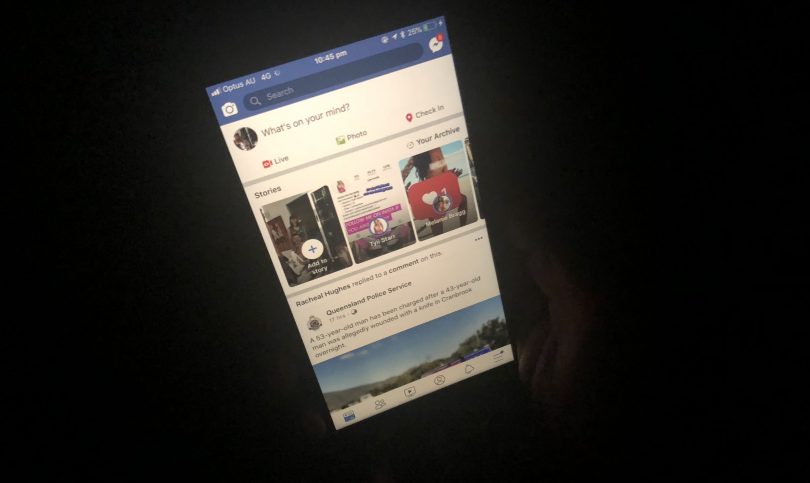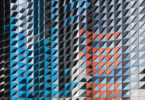In the age of digital devices and hand-held screens, the feeling of blurry and tired eyes is an all too familiar sensation. But the full extent of damage from exposure to screen light will not be known for years.
Ophthalmologist John Manolopoulos has treated many people with symptoms which could relate to the impact of the emitted blue light. But he says there is “no clear evidence of the effect of blue light exposure long term, but there is a general feeling right now that it’s damaging”.
A number of companies are cashing in on the conversation linking digital devices to poor eye health and have begun selling blue light blocking glasses and filters at a cost of up to $90 each.
The blue blocking eyewear is advertised as a way to screen harmful blue light from being absorbed by the cornea, but the benefits of wearing glasses such as these haven’t been established.
While industry professionals such as Dr Manolopoulos are eager to reduce the impact of blue light on our eyesight, he suggests much simpler and less expensive preventative measures.
“The smartest and most obvious answer is to go outside and limit screen time,” says Dr Manolopoulos.
“Or just use the filters on your phone or laptop, but whether those filters are of any benefit long term remains to be seen”.
Dr Manolopoulos and other ophthalmologists put on blue light filtering lenses on patients after cataract surgery to prevent further damage. But he says even the use of these as prevention against blue light is purely “theoretical”.
Dr Manolopoulos believes the only way to determine how damaging blue light is to eyes, or if any of these preventive measures work “is to do a large long-term study over 30-50 years”.
“There’s definitely more to it than meets the eye, so we’ll just have to wait and see”.
(Photo: Gracyn Willoughby-McEwan)






